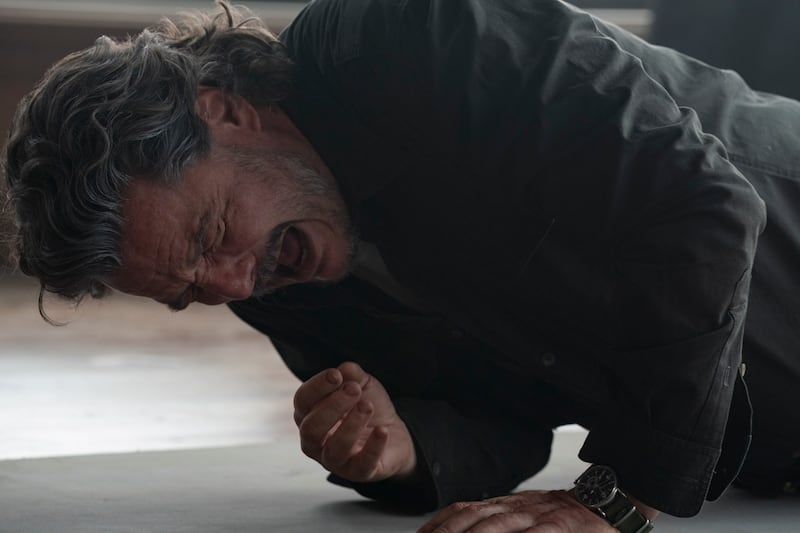Can you spoil something that happened four years ago?
That’s been a major conversation this week, following a huge moment that aired Sunday night on the most recent episode of The Last of Us—but which dramatized something that happened in the video game it’s based on in 2020.
It’s been a heated discussion that I’ve had with my coworkers, with fans, and with HBO itself. The Last of Us Part II is one of the most popular video games of the decade. The “big twist” that happens in it is already known by millions of people. It’s been written about exhaustively before it even happened on the TV show. I myself was “spoiled” that it happened when I was editing a Daily Beast story during Season 1. I went to double check the spelling of something, and when I googled it, the entire thing was spoiled for me in the search results.
I was taken by surprise, of course. But I couldn’t be mad, really. The event happened in a game that came out years before. Yet things are different now that The Last of Us is a TV show. Critics were sworn to secrecy about what happened in Sunday’s episode by HBO to a degree that is rare—even though, again, everyone could easily google what was going to happen. It was as if the twist was happening for the first time, even though it’s four years old.
Readers got mad that the photo or headline of our coverage ruined the surprise for them. I have compassion for that to a degree. But it’s also a tough spot to be in editorially: The big moment is being talked about exhaustively on every entertainment news outlet. If you err on the side of secrecy, you’re not as relevant as all those outlets with their coverage; but spoil it and you annoy certain readers who weren’t aware what was going to happen.
As our culture veers more and more towards being “Very Online,” it presents an interesting confrontation. People are demanding information to be given to them immediately when it becomes newsworthy. Yet people are also angry when they learn information they didn’t want to discover. It’s the blessing and the curse of the internet mandate for timeliness.
I both feel the urgency to protect people from spoilers, but also the frustration when The Hollywood Reporter, for example, is revealing what happens in a splashy cover story that publishes soon after the episode airs.
What it all comes down to, I think, is the desperation we all feel for control during a time when that very concept—control—seems unattainable. If we can’t lasso any sort of agency in a swirling world of chaos, at the very least we should be able to decide whether or not we want to know what happened in a buzzy TV show before we’ve had a chance to watch.
Going through life right now feels like we’re on that heinous playground feature, the metal carousel that spins. I have a vision of that merry-go-round-from-hell ride. It spins uncontrollably, so fast that some kids are flung off of it. The others are grasping onto a metal bar for dear life, in a fetal position fearing certain death if they let go. When life feels that unsettling and that frantic, you want to hold onto anything that makes you feel like you’re not going to be violently thrown off it—for example, getting hyperbolically mad about a HBO series spoiler.
A huge part of the spoiler tension, I think, is that we’re all still figuring out, in this new digital age, what community means to us. The easier it is to connect online, the lonelier I feel. There’s a sense of “is everyone talking and hanging out without me?” In an instant, I can be in touch with millions of strangers on social media sites like X. But also, when I look at my text message history, the most messages I receive are from two-factor authentication autobots, not from any family or friend.

So we’re compelled to want to know what happens in a major water cooler TV show so that we can feel like we’re part of the conversation, that we’re taking part in the “moment.” But also we feel betrayed if we’re delivered information before we’re ready for it. It can feel like an assault.
There’s no clear answer here when it comes to the question of what constitutes a spoiler—and whether the fact that something happened four years ago first and is readily available online to learn about still qualifies as one. It’s frustrating no matter which side you’re on: someone desperate to share the information, or the person who doesn’t want the experience of learning it for the first time ruined.
At the very least, we can agree on this: That was one amazing episode of The Last of Us, whether you already knew what was going to happen or not.
The post ‘The Last of Us’ Makes Everyone Angry About Spoilers appeared first on The Daily Beast.




